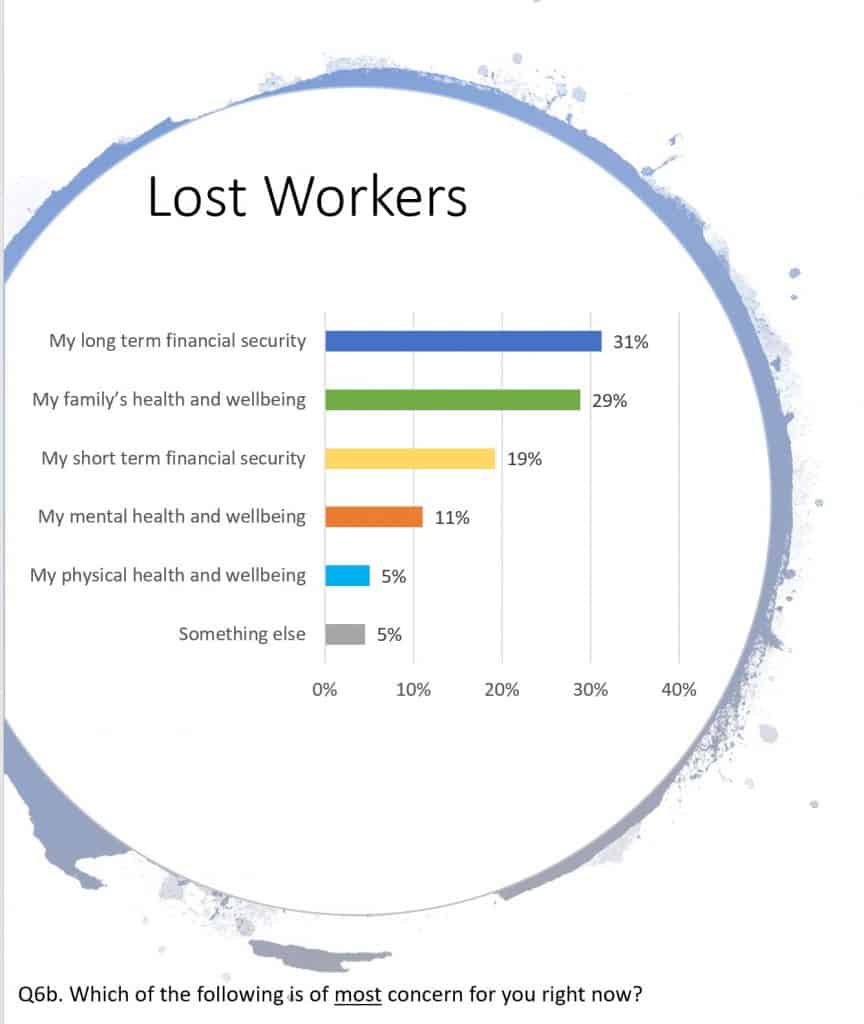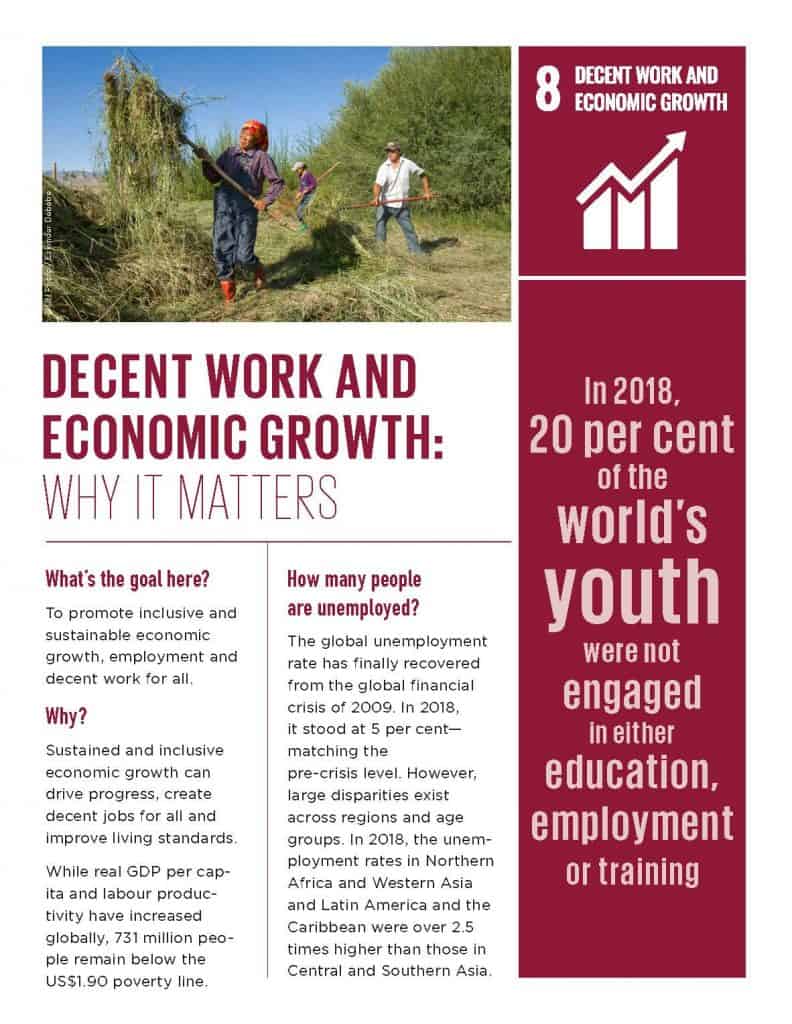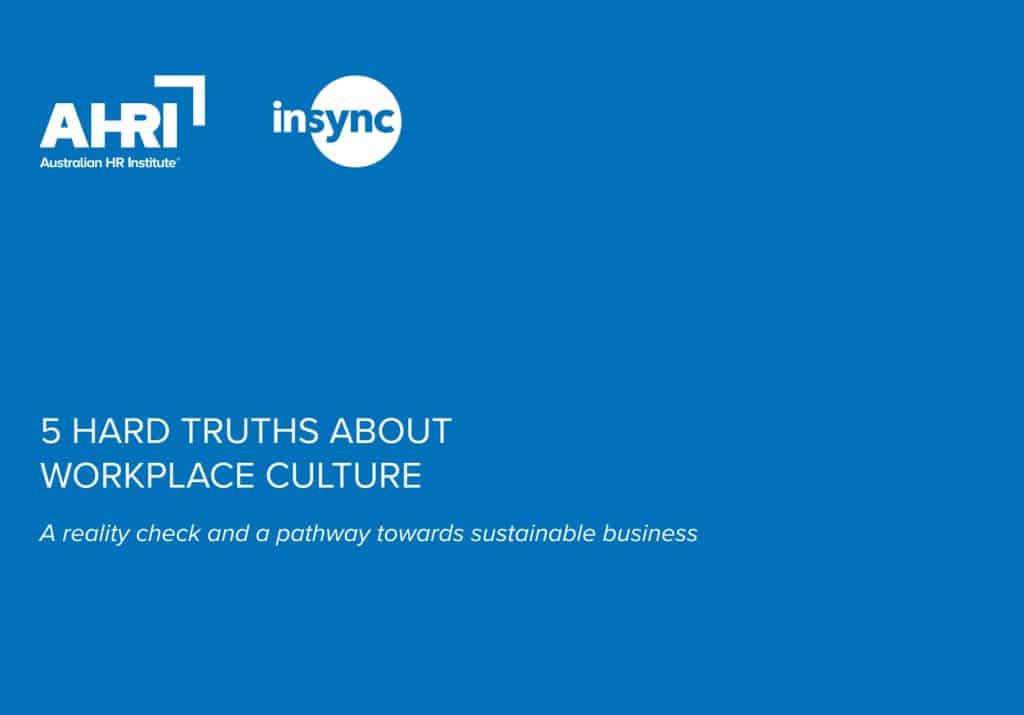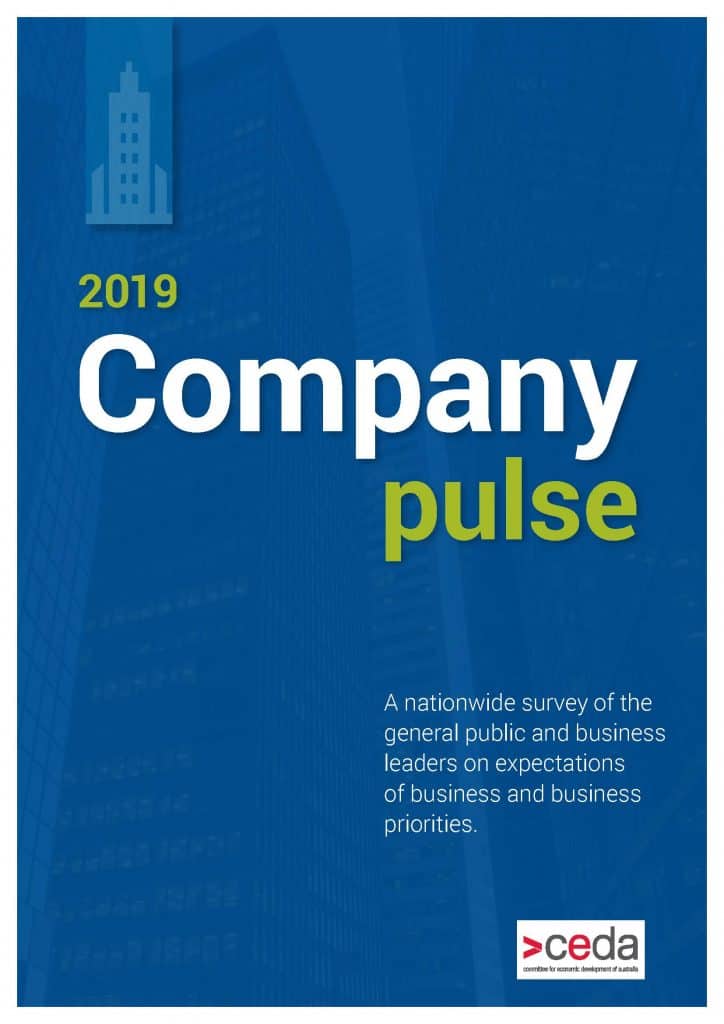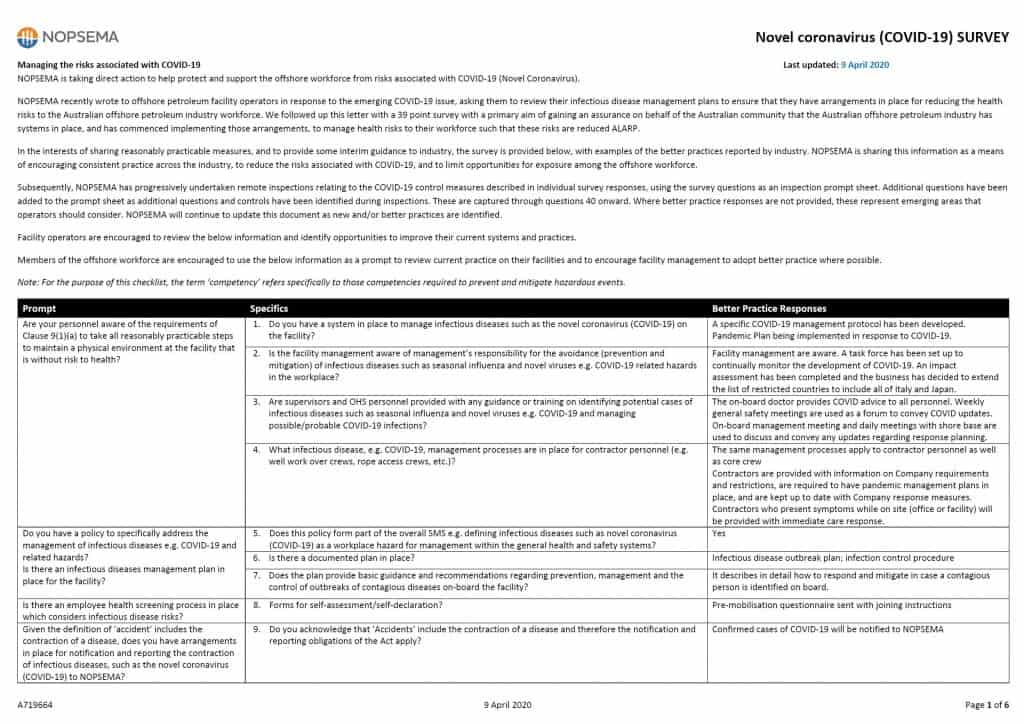
It has been assumed that Australian businesses that have continued to operate during the COVID19 pandemic have been maintaining their occupational health and safety (OHS) audits and assessment; and that the safety regulators have been inspecting workplaces. On May 6 2020, the National Offshore Petroleum Safety and Environmental Management Authority (NOPSEMA) released the findings of
“…a series of remote COVID-19 specific inspections, confirming operators of offshore facilities are equipped with adequate arrangements for protecting workers from infectious diseases such as COVID-19.”
The findings are interesting but perhaps of more interest is the questions that were asked and how the answers were verified.

